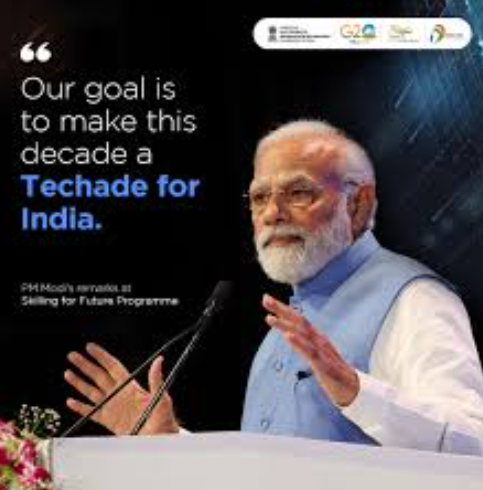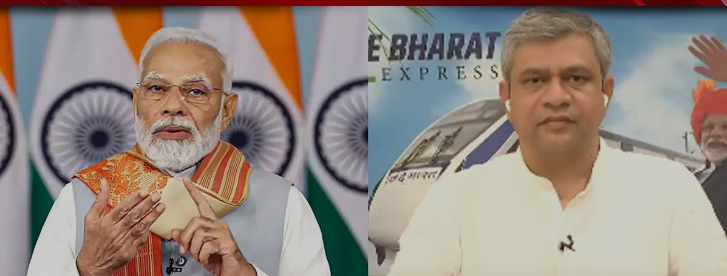
Startup Surge:
In the last decade, India has witnessed an unprecedented surge in startup activity. These startups are typically small, newly-founded companies with innovative ideas and business models. Some of them have achieved remarkable success, earning the title of “unicorns” for surpassing a billion-dollar valuation.
Government Initiatives:
The Indian government has introduced several initiatives aimed at fostering the growth of startups. Programs like Digital India and Startup India provide support and incentives to entrepreneurs, making it easier for them to establish and scale their businesses.
Shift in Perception:
There has been a significant shift in societal attitudes towards entrepreneurship. Previously, starting a business was considered risky and unconventional. However, more young people are now willing to take the plunge and pursue their entrepreneurial dreams.
Parental Acceptance:
Parents, who once viewed startups with skepticism, are now more supportive of their children’s entrepreneurial endeavors. They recognize the potential for success and are increasingly encouraging their offspring to pursue startup ventures.
Investor Confidence:
Investors, both domestic and international, have shown growing confidence in Indian startups. With the increasing number of success stories and supportive government policies, investors are more willing to fund promising startups.
Rise of Tier 2 and Tier 3 Cities:
The startup culture is no longer confined to major metropolitan areas. Tier 2 and Tier 3 cities are emerging as hotbeds of entrepreneurial activity, with a growing number of startups sprouting in these regions.
Fintech Challenges:
Despite the widespread adoption of internet services, monetizing digital platforms, especially in fintech (financial technology), remains a challenge. Startups in this sector face hurdles in achieving profitability and sustainable revenue streams.
Energetic Ecosystem:
There’s a palpable energy and enthusiasm surrounding startups across the country. This enthusiasm is not limited to urban centers but is also prevalent in smaller towns and cities, contributing to the dynamism of the startup ecosystem.
Technological Advancements:
Emerging technologies like Artificial Intelligence (AI) are expected to drive the next phase of growth for Indian startups. These technologies offer innovative solutions and opportunities for startups to enhance their products and services.
Collaboration and Competition:
While competition among startups is intense, collaboration is also crucial for mutual growth. Startups often collaborate with each other, share resources, and participate in ecosystem-building activities. Healthy competition fosters innovation and drives startups to excel in their endeavors.
In summary, India’s startup landscape has evolved significantly, fueled by government support, changing attitudes, and technological advancements. With continued momentum and collaboration, the future looks promising for Indian startups, poised for further growth and innovation.






